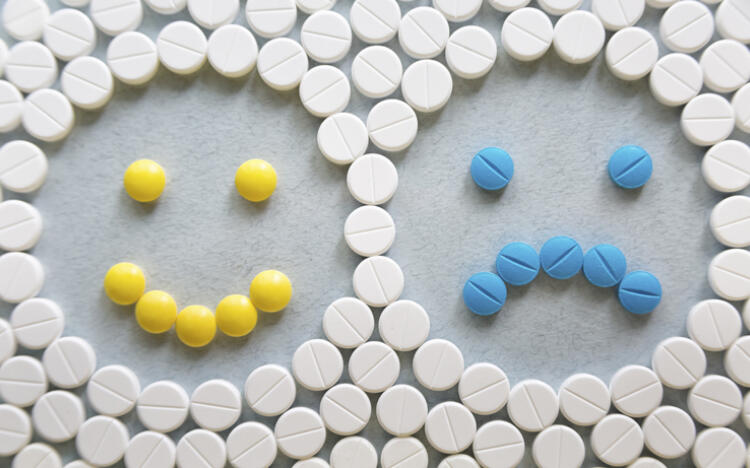How long you will need to take an antidepressant for can depend on:
- what condition they are helping
- what other things you are doing to help
- what other medicines you might be taking
- what other health conditions you might also have.
If a medicine is an option for you, be aware it can take some time to start feeling better. For people with depression it might be 6–8 weeks. For people with anxiety it can be up to 12 weeks.
Make sure you have a plan to see your doctor. This helps them check if the medicines are working. You can tell them about side effects or other things that are worrying you.
Most people keep taking a medicine after they have started feeling better. Some people will need to take medicine for many years.
If you do take a medicine, there are many other actions that are also helpful. These are looking after your health, getting enough sleep, having good support and using psychological therapies.
Stopping an antidepressant
Some medicines you can start and stop on your own. An example might be pain medicines like paracetamol or ibuprofen. Other medicines you only take for a short time, like antibiotics. They come with instructions about when to stop taking them.
You should not stop other medicines quickly unless your doctor says you can. These are usually for long-term health conditions like depression, anxiety, heart disease or diabetes. If you and your doctor agree to stop your antidepressants it will not be straight away. You will need to take lower and lower amounts. This makes sure you do not have side effects like:
- dizziness
- feeling like you need to throw up
- feeling nervous.
Your doctor or pharmacist can help write a plan for stopping an antidepressant.
